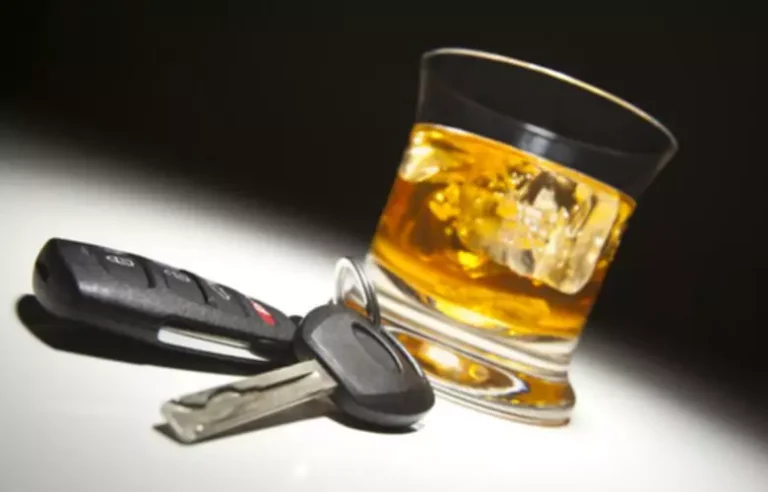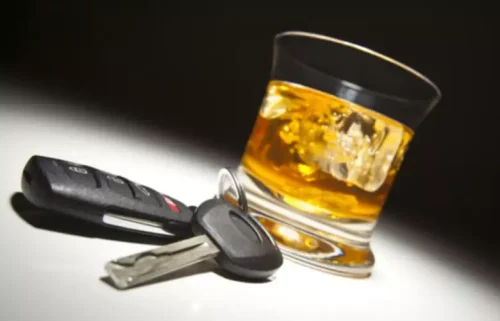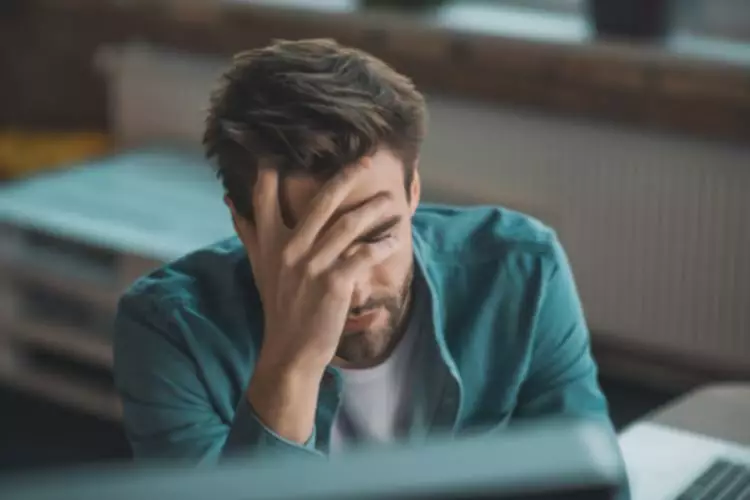6 ways whisky, vodka, beer & other alcohol damages your skin health, and 4 steps to prevent it

This guide addresses the question, “does Sober living house alcohol affect skin? ”, and explores the various effects of alcohol on skin, both short-term and long-term. The effect of alcohol on your immune system and the way your circulatory system works affect the skin too.
Here’s What Happens to Your Skin When You Drink Alcohol
- This means it increases urine production, leading to dehydration.
- Understanding this connection can help you determine how does alcohol affect your skin.
- Alcohol can change the appearance of your mouth and the skin on your face.
- The immune system weakens due to excessive alcohol consumption.
- Each condition presents unique challenges for those affected.
This struggle can lead to worsening of skin conditions like dermatitis. Another skin change linked to alcoholic liver disease is the development of spider angiomas. These are small, spider-like blood vessels that appear on the skin’s surface. Their presence indicates increased estrogen levels due to liver dysfunction. This reduces redness and flushing caused by drinking alcohol.

How Alcohol Impacts Skin
- These hormonal imbalances can further exacerbate the risk of acne breakouts.
- It can also cause psoriasis to become resistant to treatment.
- Alcohol can intensify this condition, leading to irritation and itchiness.
- Consider choosing beverages with a lower alcohol content or alternating between alcoholic drinks and water.
By staying hydrated, using effective moisturizers, and maintaining a nutrient-rich diet, you can help counteract the impact of alcohol on your skin. Moderation and mindful choices are essential to preserving your skin’s health and radiance for the long term. The skin barrier, also known as the lipid barrier, plays a critical role in maintaining skin hydration and protecting it from external irritants. When you consume alcohol, the dehydration it causes can disrupt this natural barrier.

The Importance of Collagen and Elastin
Skin recovery can take time, and improvements may not be immediate. Be patient and consistent in your efforts to allow your skin to heal gradually. Combined, the higher oil levels and inability to fight off acne-causing bacteria may result in more frequent breakouts.

Additional Health Benefits of Quitting Alcohol

Many individuals report improvements in their skin condition after reducing their alcohol consumption. People can alcohol affect your skin with seborrheic dermatitis may experience more severe symptoms after drinking alcohol. Studies show that drinking large amounts of alcohol leads to increased skin inflammation.
Alcohol can lead to dehydration, inflammation, and premature aging. It affects collagen production and can worsen conditions like acne and rosacea if you drink. Understanding these effects is crucial for anyone who values their skin’s health and drink.
Oral changes due to chronic alcohol use
Besides, non-alcoholic drink options have never been better – I stock up on Saicho and Fortnum & Mason’s Sparkling Tea every December – driven by an increasingly sober-curious society. These conditions don’t have a cure, but treatment can help make symptoms more manageable and have less of an effect on your appearance. However, these conditions can also develop in people who don’t drink at all (5). Alcoholic drinks are high in calories and have no nutritional benefit to your body. Consider consulting a dermatologist https://ecosoberhouse.com/ or healthcare professional for personalized advice and treatment options. They can recommend topical treatments, procedures, or medications tailored to your specific skin needs.